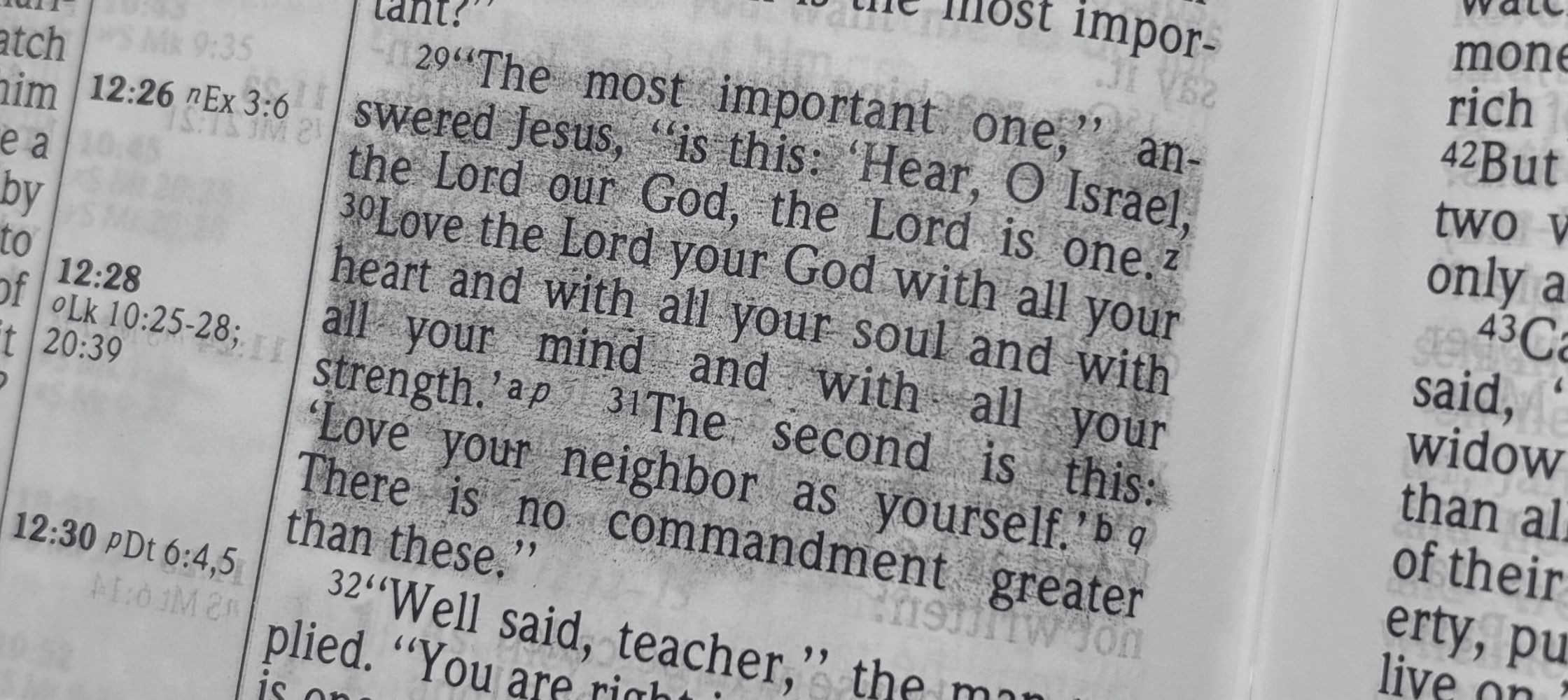Thank you! Your submission has been received!
Oops! Something went wrong while submitting the form.

By: Robert E. Zink
March 13, 2023
The Great Commission is built on relationships. Both the construction and purpose are found in the context of relationships by utilizing human relationships to direct people toward a relationship with God. However, not every relationship is created equal. They are differentiated by the people involved, which determines the condition, character, and even the purpose of the relationship.
Paul was a man of relationships. We see this at the introduction and conclusion of each of his writings as he singles out a variety of people to whom he is either sending greetings or who join him in sending those greetings. Within the closing of Colossians is an obscure verse where Paul writes: Luke the beloved physician greets you, as does Demas (Colossians 4:14). This is an obscure verse, offering little content for readers. Upon examining the two men mentioned, though, we are given the presentation of two very different people resulting in two very different relationships with Paul.
The Law of Luke
Though details are limited, this verse is critical to our knowledge of Luke. Here, we learn of Luke's gentile background and occupation as a physician. Acts reveals more about Luke’s participation in ministry, but by name, he is only mentioned three times in Scripture (Colossians 4:16; Philemon 24; 2 Timothy 4:11). Looking at the course of the relationship between Paul and Luke over the years shows us three characteristics:
It's hard to know the exact nature of the relationship between Paul and Luke based on our limited information, but these three characteristics offer a good summary. They also tell us something about the quality of the relationship enjoyed between the two men: that they were connected to each other because they are connected in Christ. If it were not for their relationship with Christ, they would not have been able to experience the same type of relationship, one of labor, loyalty, and love, if he were not their common bond.
The Diagram of Demas
In the same verse to the Colossians, Paul notes that Demas is also present and sends his greetings. The two, Luke and Demas, could not be more opposite. Like Luke, Demas is mentioned by name only three times in Scripture as well, and always in the same context as Luke (Colossians 4:16; Philemon 24; 2 Timothy 4:10). It's notable that Paul offers no description of Demas like he does about nearly everyone else, making some commentators wonder if Paul already had suspicions about the direction of Demas’ life. Information about Demas is even more limited than it is about Luke, yet it still tells us something about their relationship:
The Context of Relationships in Discipleship & Evangelism
Luke and Demas are unlike, representing two different types of relationships, but one shared truth is found in both: the context of our relationships with others is Christ. There are two parts, then, that determine how that truth is lived out in our relationships, which can be summed up in the following ways:
Notice that in either case, the relationship is centered upon the Lord Jesus Christ, meaning that all aspects of our relationships are taken captive for His glory. First, notice that the condition of the relationship is determined by OUR relationship with Christ, which never changes. Thus, it defines the character of those relationships. Whether believer or unbeliever, the relationship will always be characterized by the love of Christ, loyalty to Christ, and labor for Christ.
What does change, though, is the purpose of the relationship, which is defined by THEIR relationship with Christ. We may treat believers and unbelievers the same, but the goal of the relationship is different depending on their condition in Christ. For those who have not already met Jesus Christ as Lord and Savior, the purpose of the relationship is salvation, while our relationships with fellow believers are defined by sanctification. In either case, the relationships are meant for the glory of God and the good of God's people by directing them to God through Christ.
In this way, when Christ proclaimed the Great Commission as the agenda of His followers, He defined our relationships for us. And so, the Great Commission calls us to take our relationships captive for Christ, stewarding those relationships for His glory by fulfilling His purposes in them. Who we are in Christ determines the character of the relationship, and who they are in Christ determines the purpose of our relationship.
